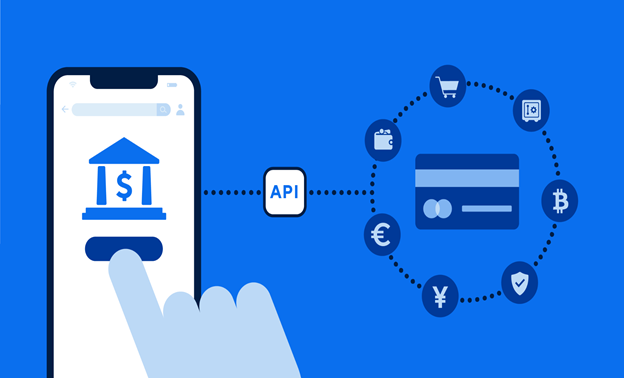The financial services industry has experienced a seismic shift in recent years, thanks to the rapid advancements in financial technology, or fintech. Fintech has disrupted traditional banking and financial services, offering innovative solutions that enhance efficiency, accessibility, and customer experience. This blog explores the profound impact of fintech on the financial services industry and how it is driving a transformative evolution.

Fintech has redefined the way customers interact with financial services. Traditional brick-and-mortar banks have been replaced by digital platforms that offer a seamless, user-friendly experience. Mobile banking apps, online investment platforms, and digital wallets have become the norm, allowing customers to manage their finances anytime, anywhere. Fintech companies are leveraging data analytics and artificial intelligence to personalize services, understand customer behavior, and offer tailored solutions.
Fintech has democratized access to financial services, leveling the playing field for individuals who were previously underserved or excluded from traditional banking systems. Online lending platforms provide easy access to credit for small businesses and individuals, while peer-to-peer payment apps enable instant cross-border transactions without hefty fees. This inclusivity has the potential to alleviate poverty and foster economic growth by empowering a broader segment of the population.
The integration of technology into financial processes has significantly enhanced efficiency across the industry. Automation of routine tasks, such as account management and transaction processing, has led to cost reductions and minimized errors. Blockchain technology, a decentralized digital ledger, has enabled secure and transparent transactions, reducing the need for intermediaries and expediting settlements. Smart contracts built on blockchain also have the potential to revolutionize processes like insurance claims and legal agreements.

Fintech has disrupted traditional investment and wealth management models, making them more accessible and affordable. Robo-advisors, powered by algorithms and AI, offer personalized investment strategies based on individual risk profiles and financial goals. Fractional investing allows people to invest in assets like stocks and real estate with small amounts of money, unlocking opportunities for a wider range of investors. These innovations are reshaping how individuals build and manage their wealth.
As financial transactions become increasingly digital, concerns about security and fraud have grown. Fintech is tackling these challenges head-on by implementing advanced security measures such as biometric authentication, multi-factor verification, and real-time transaction monitoring. Machine learning algorithms analyze patterns and detect anomalies, helping to prevent fraudulent activities and safeguard sensitive information.
Fintech has revolutionized the way payments are made and received. Digital wallets, QR code payments, and cryptocurrencies have emerged as viable alternatives to traditional payment methods. Cross-border payments, which were once cumbersome and time-consuming, can now be executed instantly and at lower costs using blockchain technology. Central bank digital currencies (CBDCs) are also being explored by governments, potentially transforming the way we think about money.
Fintech has ushered in a new era for the financial services industry, transforming every facet of its operation. From customer experience and accessibility to efficiency and security, fintech innovations are shaping the industry's future. As technology continues to evolve, so too will the landscape of financial services, offering even more opportunities for growth, inclusivity, and efficiency. The key to success will lie in striking the right balance between innovation, regulation, and customer-centricity, ensuring that the benefits of fintech are harnessed to their fullest potential.